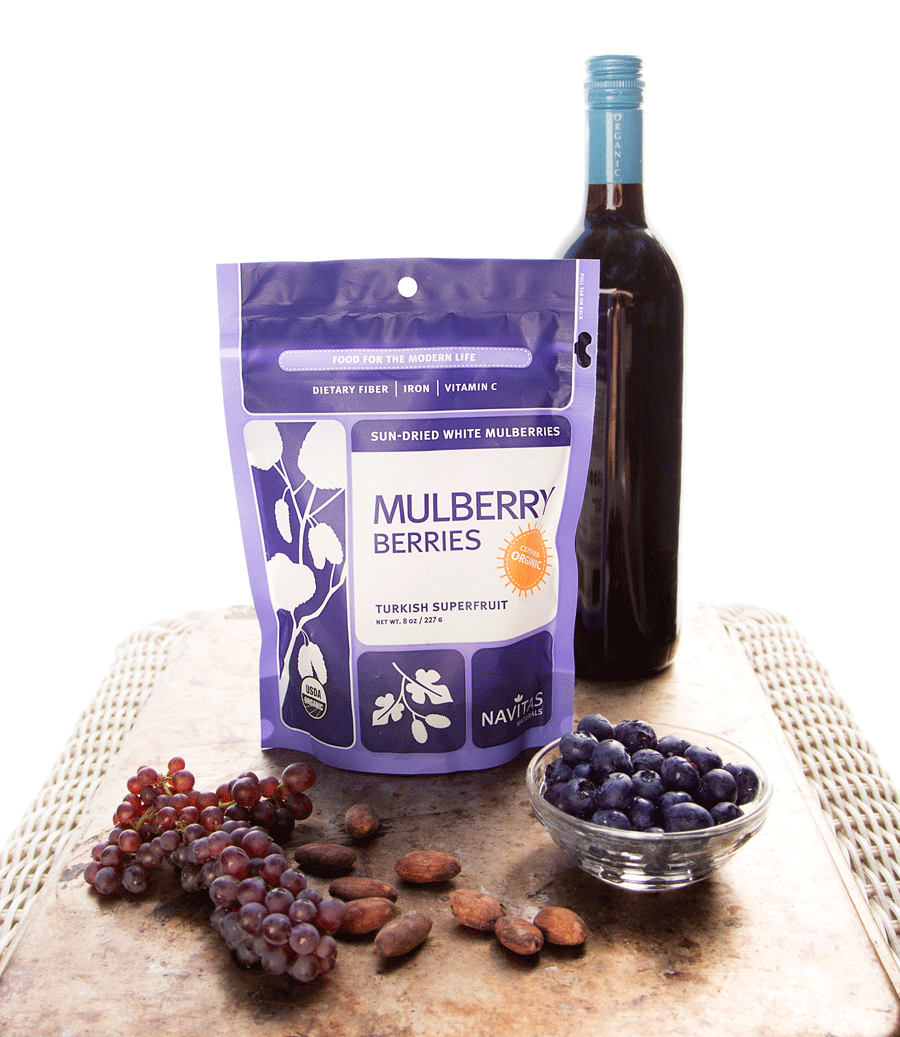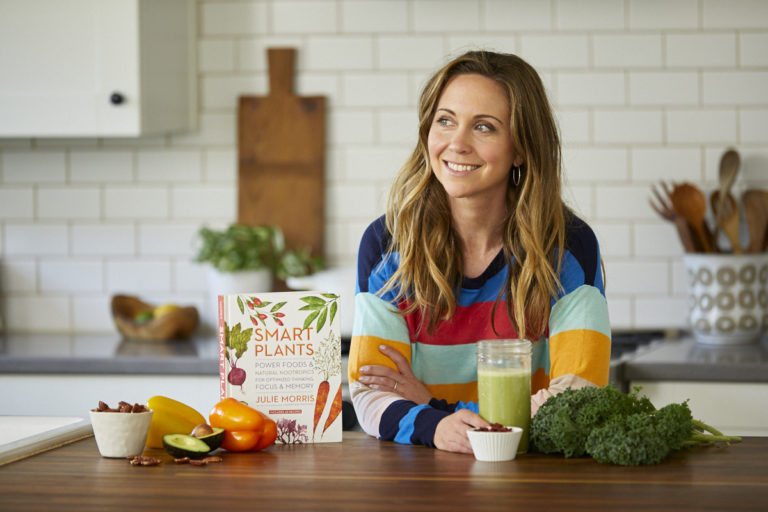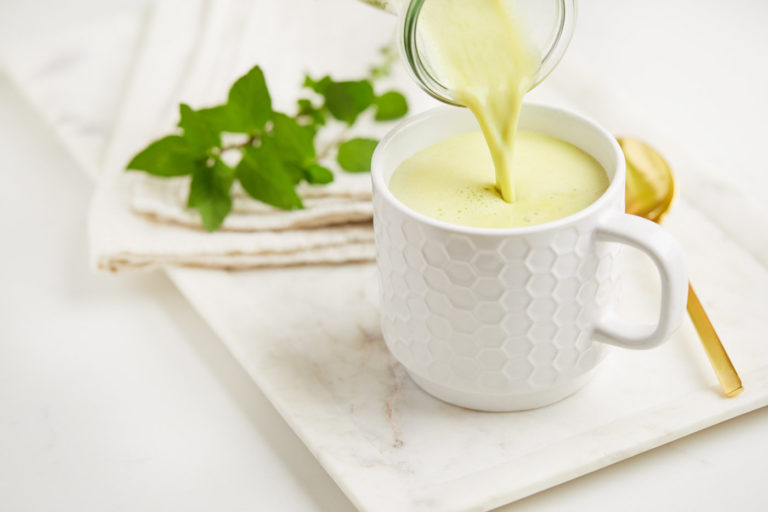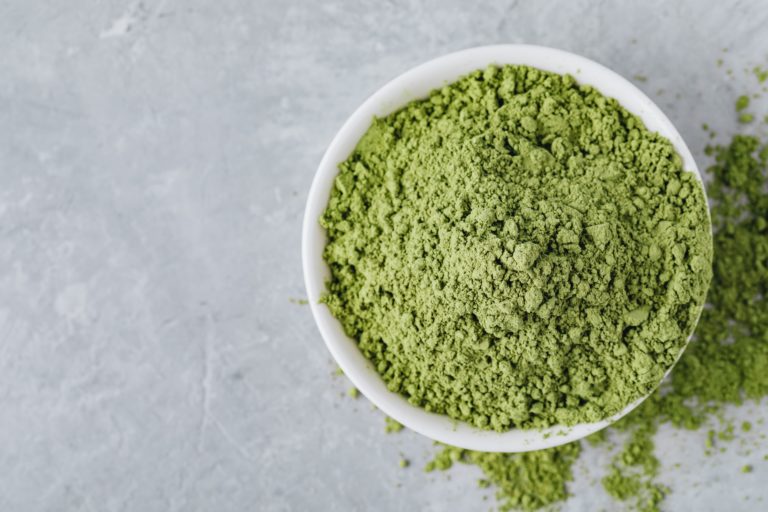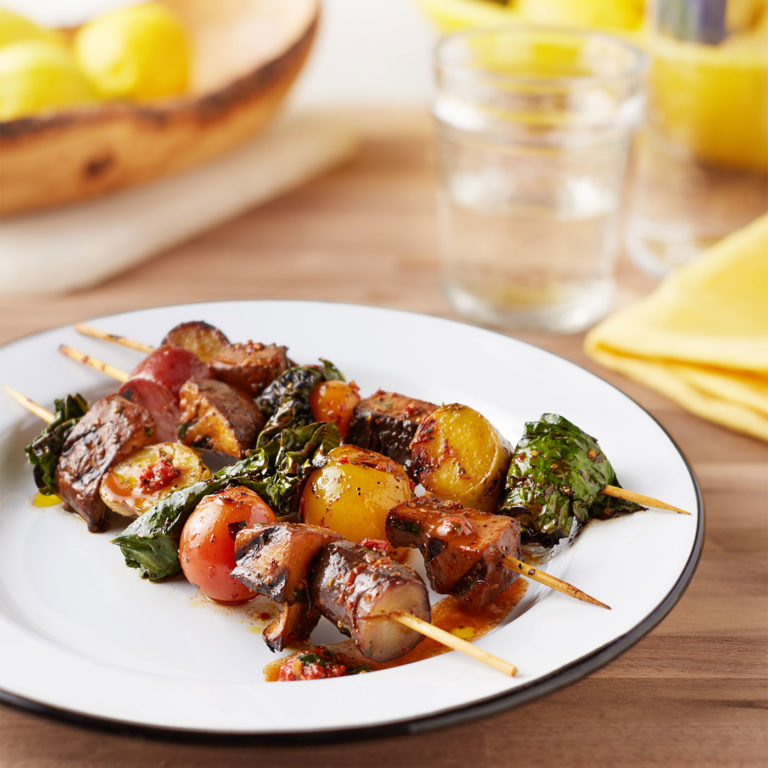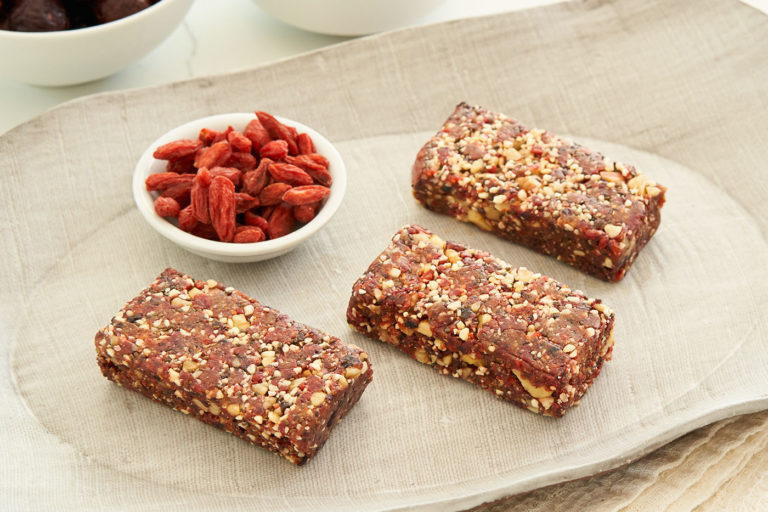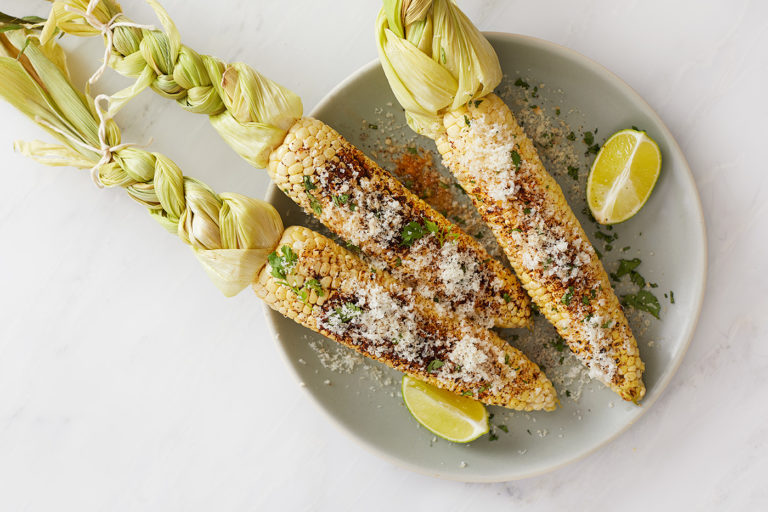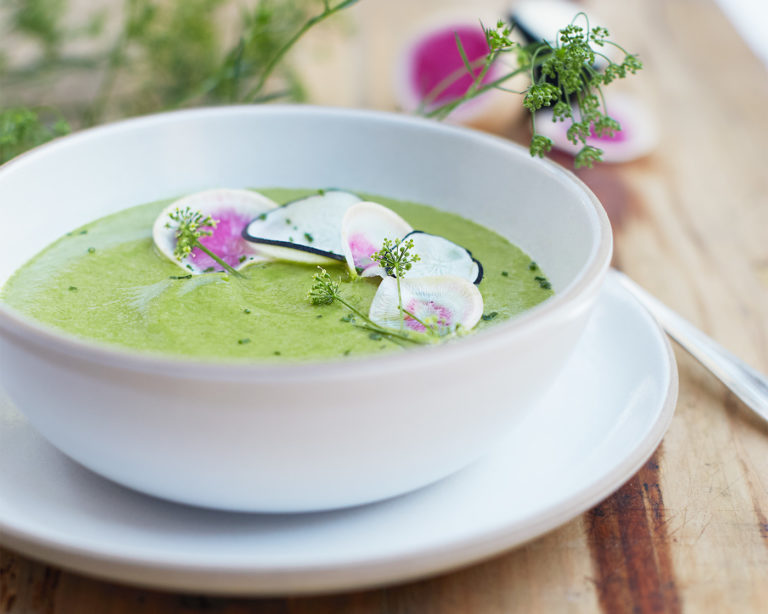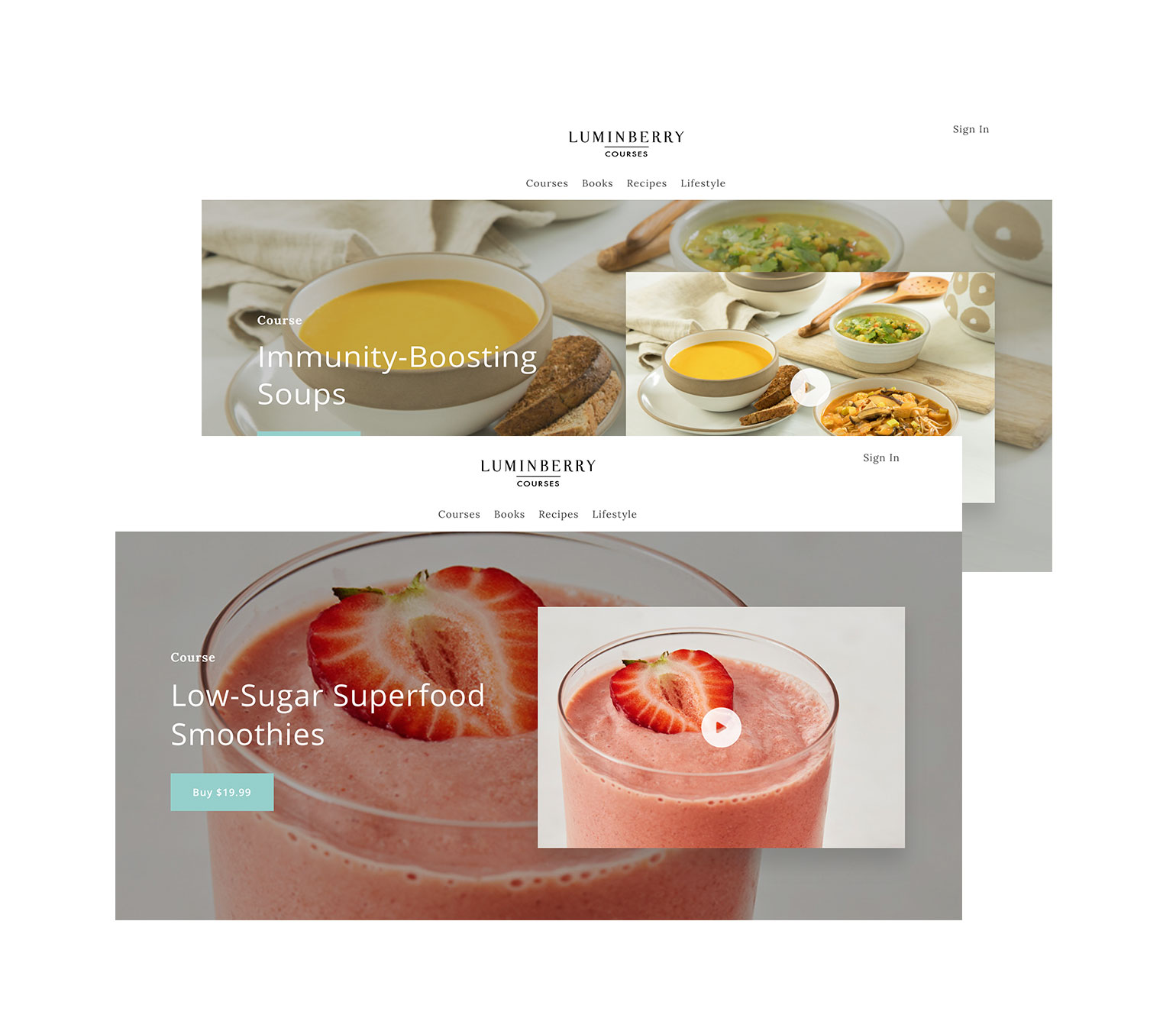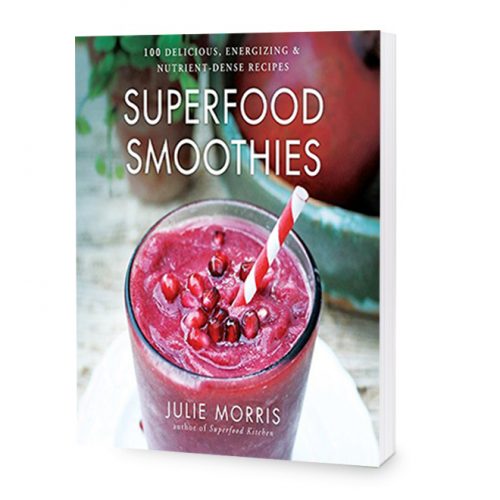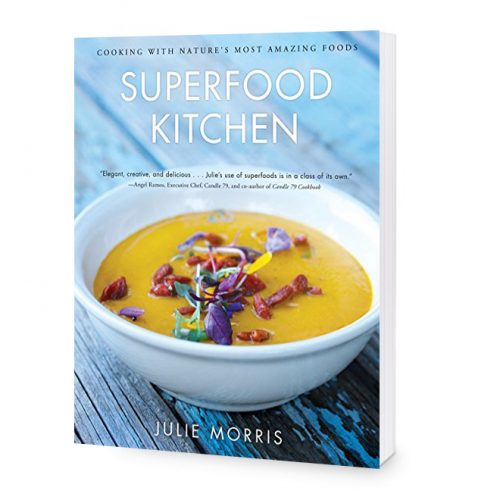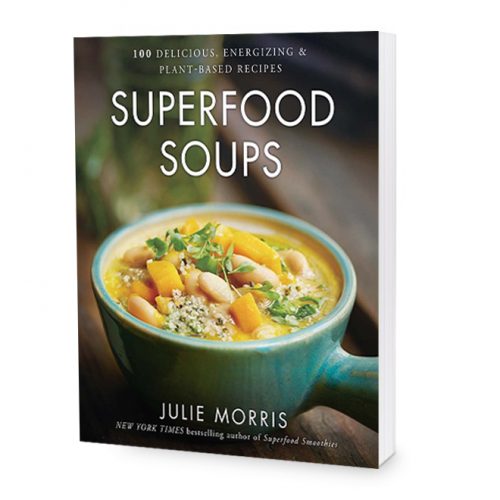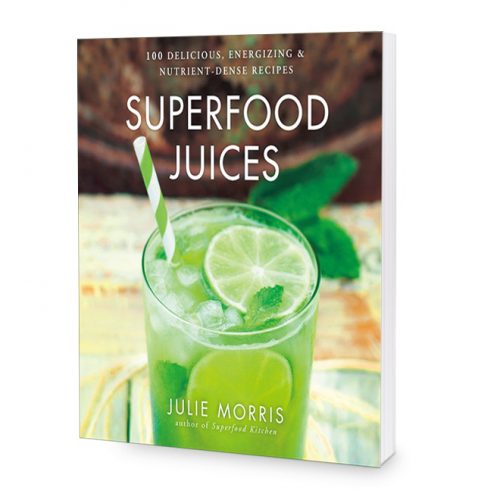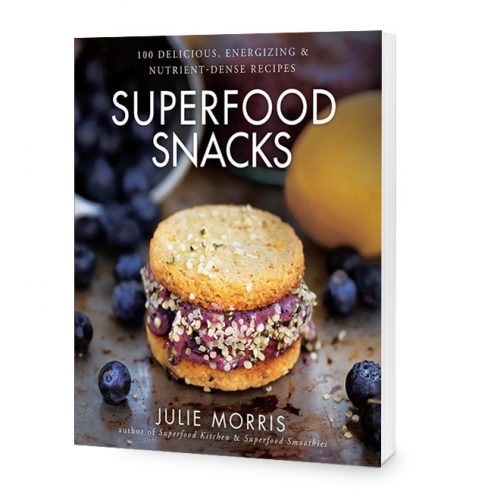Resveratrol has been a hot topic in all kinds of nutrition studies and news reports lately. It’s been linked to the prevention of everything from heart disease to cancer, Alzheimer’s disease, and diabetes. Plenty of manufacturers have capitalized on the resveratrol supplement market, but did you know that you can actually get resveratrol from the foods you eat?
Resveratrol is a naturally-occurring antioxidant and an antimicrobial compound produced by plants to protect them from rough environmental conditions. Plants make resveratrol in response to injury, including infections, ultraviolent light and weather changes. A recent medical study concluded that resveratrol promotes biological changes associated with longer lifespan, and shows promise for treating obesity-related disorders and diseases of aging. Another study published in Science showed that resveratrol stimulates the production of a serum that blocks diseases by speeding up cells’ energy production centers. And a 2012 Canadian study found that resveratrol supplementation could provide similar skeletal muscle benefits as endurance training.
Here are some of the most researched health benefits of resveratrol:
- Protects cells from free radical damage
- Lowers blood pressure
- Promotes heart health
- Normalizes anti-inflammatory response
- Inhibits the spread of certain cancer
- Helps prevents Alzheimer’s disease
- Enhances athletic endurance
- Prevents eyesight damage
Though resveratrol is not a common antioxidant, the foods that contain it compose a pretty delicious list! Resveratrol-rich foods include grapes, red and purple grape juices (including wine), cacao/cocoa/dark chocolate, peanuts, blueberries, cranberries, and mulberries.
Out of this list, one of the most nutritious ways to add resveratrol to your diet is by eating mulberries, in which resveratrol is actually the main antioxidant. Mulberries have a mild flavor when fresh, but when dried are often described as “nature’s candy.” Navitas Naturals Mulberries are organically grown on the fertile plains of Turkey, where they’ve been sustainably harvested for generations. In addition to their potent resveratrol, they’re also rich in iron, calcium, vitamin C, protein and fiber, making them a very well-rounded treat! On a side note, there aren’t a lot of fruits that are thought of as good sources of protein, but mulberries actually have about three grams of easily absorbable protein per ounce.
There are lots of delicious ways to start adding more mulberries to your diet. Simply eat them as you would raisins – straight out of the bag, added to smoothies, mixed into baked goods, and sprinkled into oatmeal. Mix up this Spinach & Mulberry Salad for a resveratrol-rich lunch, or for an especially powerful smoothie, try my Blueberry Oat Smoothie, which includes not one but two resveratrol-rich foods – mulberries and blueberries! Anti-aging has never tasted so good!

